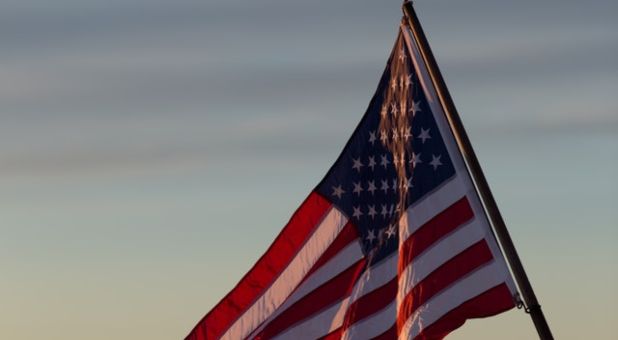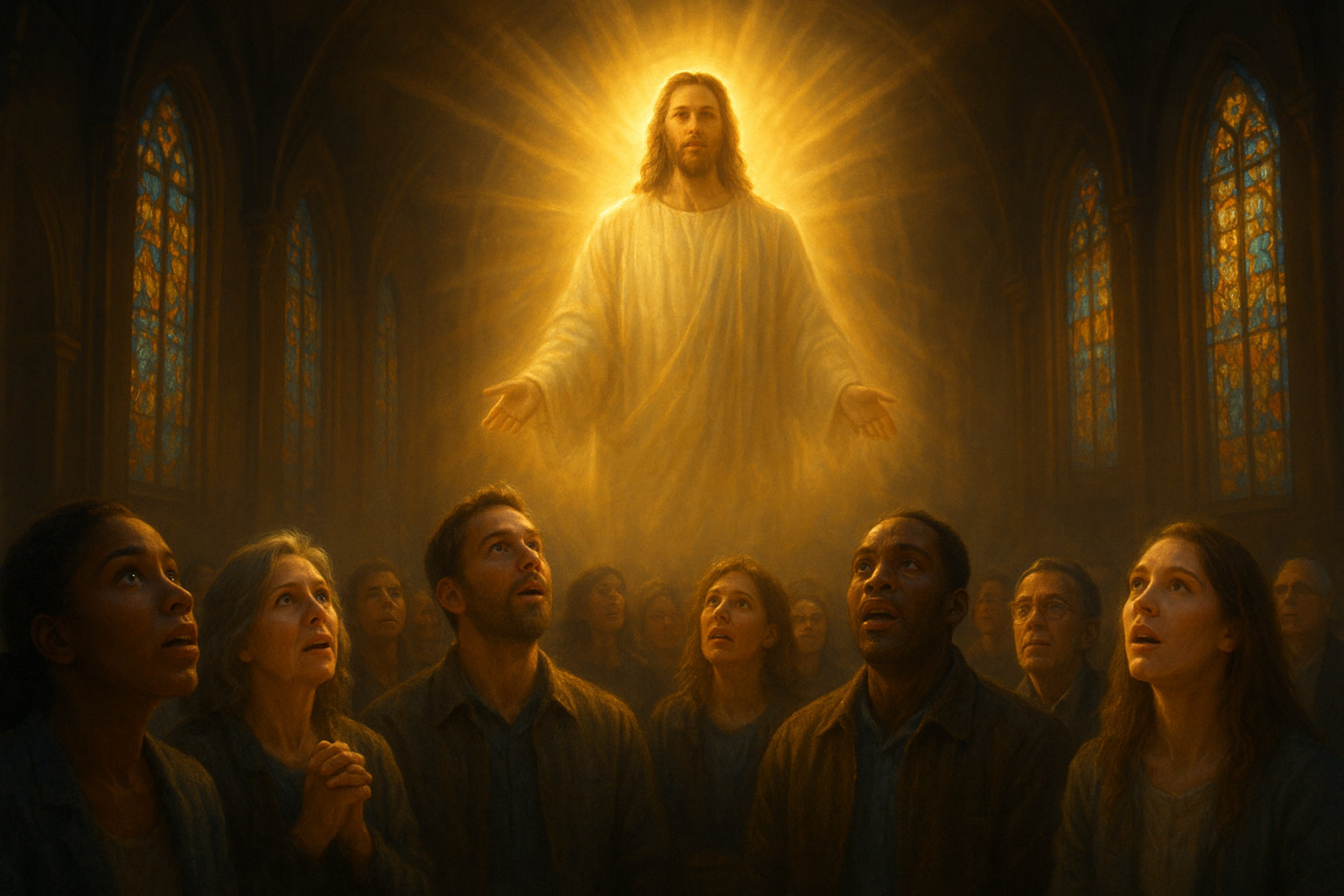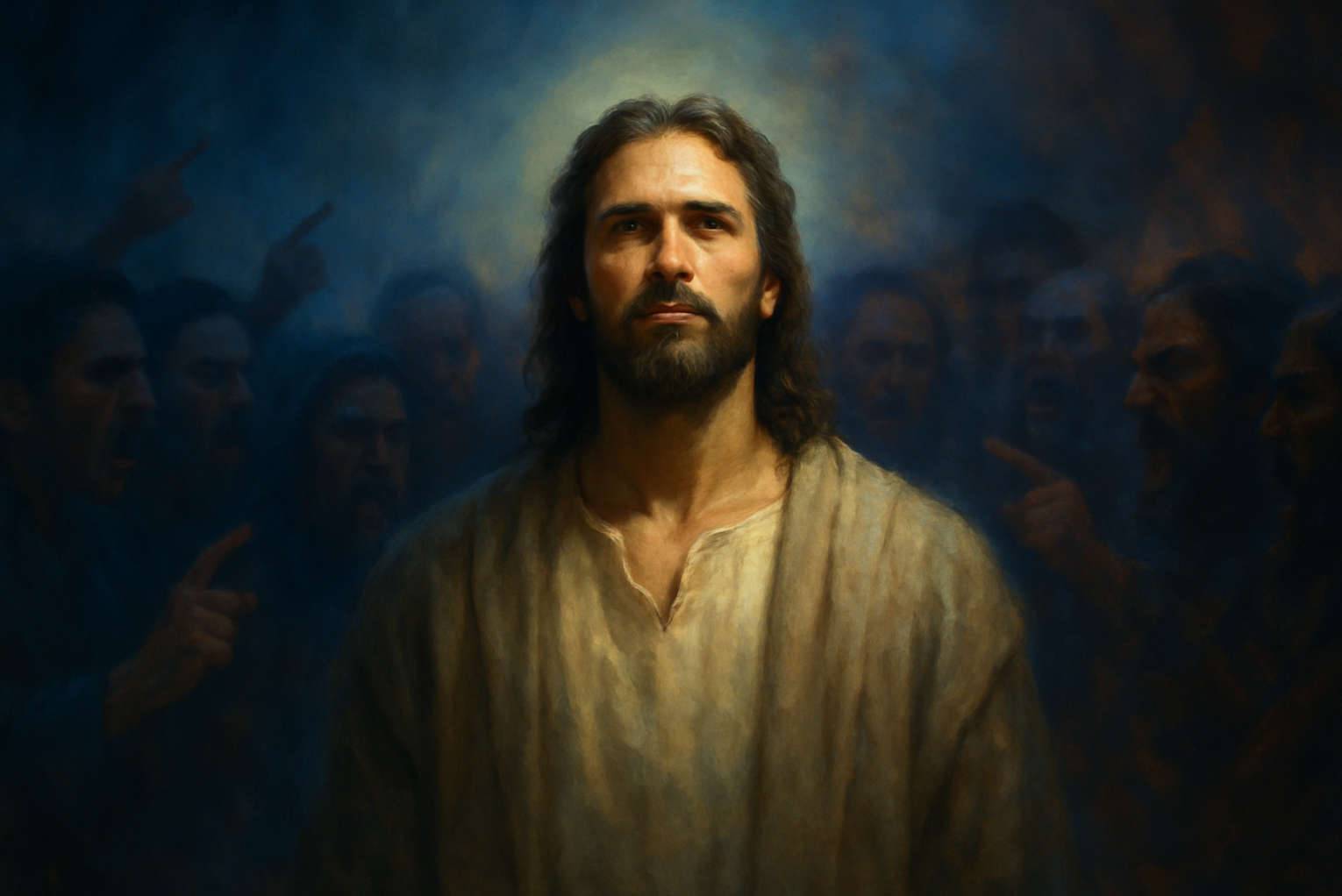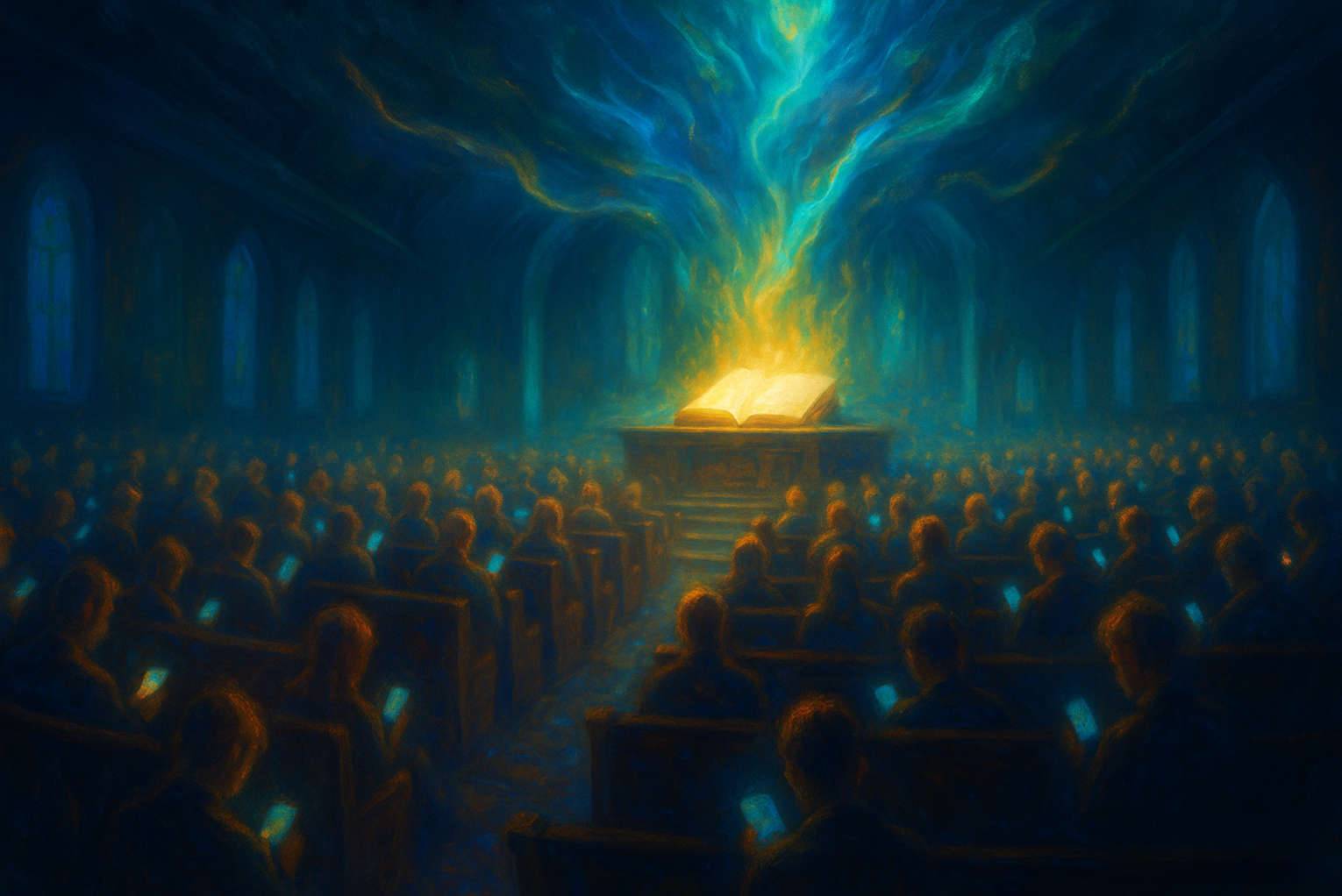Christianity established America, along with introducing freedom and justice into its early culture, according to Archie P. Jones in his foreword to The Christian Life and Character of the Civil Institutions of the United States. Neither paganism, “religious neutrality” nor secularism had anything to do with it. Still, amidst today’s pervasive but perverted spin by the cultural mountains of influence (secular education, academia, mass media, courts and so on), the general public tends to believe that “religious secularists” stood at America’s cradle.
Nothing could be further from the truth.
Clarity is provided by the American lawyer and philanthropist Robert C. Winthrop [1809–1894]. After studying law with Daniel Webster, Winthrop was admitted to the bar in 1831 and practiced law in Boston. He served in the Massachusetts House of Representatives from 1835 to 1840, serving as Speaker of the House from 1838 to 1840. Elected to the U.S. House of Representatives, he served from 1842 to 1850 and became the 18th Speaker of the House during the 30th Congress, 1847 to 1849.
On Feb. 11, 1836, Winthrop gave a speech to counter the proposed legislation to change the existing rule of law that excluded atheists from the witness stand. (See my author’s note at the end of this article.)
The future U.S. Speaker turned out to be both a knowledgeable student of America’s history and a formidable chronicler of the biblically based education and culture established by the Founders. In Addresses and Speeches on Various Occasions, he wrote:
We all probably remembered for ourselves that up to the year 1820 there existed a provision in our Constitution that no man should enter these Halls of Legislation without making a previous declaration of his belief in the Christian Religion; a provision which, for one, I heartily regret was ever struck down from that instrument. Well, now, Sir, the first and second articles of the Bill of Rights … are entirely unchanged; they are precisely and literally the same as when they were first ratified by the people. These articles then were entirely consistent with the religious test, as gentlemen insist upon calling it, which the Convention of 1820 abolished. If it were proposed to re-insert this provision, would any gentleman have the face to say that it was unconstitutional, or inconsistent with the existing provisions of the Constitution?
I confess, Sir, I am at a loss to conceive how any man, who has ever read our Constitution as originally framed, or as it now exists, can listen a moment to such an argument. If anything be clearer than another on its face, it is that it was intended to constitute a Christian State. I deny totally the gentleman’s position that the religious expressions it contains were intended only to show forth the pious sentiments of those who framed it. They were intended to incorporate into our system the principles of Christianity; principles that belonged not only to those who framed, but to the whole people who adopted it. Sir, the people of that day were a Christian people; they adopted a Christian Constitution; they no more contemplated the existence of infidelity than the Athenian laws provided against the perpetration of parricide. They established a Christian Commonwealth; they wrote upon its walls, Salvation, and upon its gates, Praise; and Christianity is as clearly now its cornerstone as if the initial letter of every page of our Statute Book, like that of some monkish manuscript, were illuminated with the figure of the Cross!
Whereas in the current culture Christian spirituality and the sacred are disparaged, the Founders, in their efforts to bring the kingdom of God to the land, were more focused on the eternal than on the temporal.
According to David Barton: “In 1860, 262 out of 288, or 91% of college and university presidents, including at state schools, were ministers of the gospel—as were more than a third of all university faculty members.”
“Our Constitution was made only for a moral and religious People,” John Adams said in 1798, adding: “It is wholly inadequate to the government of any other.” The category “wholly inadequate” includes secularism, rogue judges or the type of federal government of the last 75 years.
With the sexularization of public education by activists and godless administrators and sophists in collusion with those rebelling against God, we do well to heed the warning that strong cultural trends tend to evolve toward “preconditions for the establishment of totalitarianism,” according to Harold O.J. Brown in Powers, Principalities, Spiritual Forces.
Barring a spiritual resurrection and a return to the root system established by the Founders, America is approaching “widespread, systemic violations of the law, which brings on anarchy, both as it’s finishing punishment and its natural consequence,” as K.T. Aitken puts in Proverbs.
The “once-saved Christians” of the “floating-on-flowery-beds-of-ease-to-heaven” persuasion, along with those of the “Every Day a Friday” notion, both stressed God’s forgiving grace but were both a far cry from the Founders-inspired full-spectrum muscular doctrines required for the public square battle with secularism in order to decide whose values will reign supreme. “Occupy till I come,” Luke 19:13 advises.
According to Os Guinness, “Americans today are heedlessly pursuing a vision of freedom that is short-lived and suicidal. Once again, freedom without virtue, leadership without character, business without trust, law without customs, education without meaning, and medicine, science, and technology without human considerations can only end in disaster.
“Secularists, of course, are free to counter the Founders’ misgivings by demonstrating their capacity to build an enduring, nationwide foundation for the virtues needed for the American republic on entirely secular grounds, grounds that need no place at all for religious beliefs … [but] the plain fact is that no free and lasting civilization anywhere in history has so far been built on atheist foundations,” Guinness writes. “At the very least, it would be a welcome change for secularists to shift from their strident attacks on religiously based virtues to building their own replacements and attempting to persuade a majority of their fellow citizens of their merits.”
God’s kairos may be near for American Christendom (The New Testament Greek word kairos stands for the appointed time in the purpose of God, the time when God acts.) In the conflict between secularism and God Jehovah, contemporary Christianity needs to reestablish Jesus’ ekklesia in the public square (Matt. 16:18).
“The serpent’s final defeat under Messiah’s heel (Gen. 3:15) is delayed to effect God’s program of redemption through the promised offspring,” writes Bruce K. Waltke. “In the interim, God leaves Satan to test the fidelity of each succeeding generation of the covenant people (Judg. 2:22) and teach them to fight against untruth (Judg. 3:2).”
Laying out the predicament facing America, A.W. Pink asserts: “It would indeed be strange if we apprehended how that on the one hand Canaan was a free gift unto Israel, which they entered by grace alone; and on the other, that they had to fight for every inch of it!”
However, over the last 100 years Christians have in every respect abandoned the public square.
A.W. Pink once more:
There is much misunderstanding today about the scope of those words “Trust in the Lord with all thine heart and lean not unto thine own understanding” (Prov. 3:5), and only too often fanaticism is confounded with faith. It needs to be clearly insisted upon that the exercise of faith does not preclude the use of all legitimate means, though we are not to rest in the means alone, but rather count upon God’s blessing the same. To decline the locking of my doors and the fastening of my windows when there is an epidemic of burglary in the neighborhood, or to retire for the night and leave a roaring fire in the grate, under the pretext of counting upon God’s protecting my property, is not trusting but tempting Him: should any disagree with that statement, let him carefully ponder Matthew 4:6-7! Faith in God does not preclude the discharge of my performance of duty, both in taking precautions against danger or using proper means for success.
God be praised that Gideons and Rahabs are entering the public square. {eoa}
Author’s Note: Atheists were excluded from the witness stand because, in the words of Winthrop: “An atheist is not excluded simply because he is an atheist. … The rule of law is now, and has been for centuries, that no testimony shall be received in courts of justice except under the sanction of an oath. … But an atheist cannot take an oath … because he has no God to swear by. There is nothing in his breast upon which the obligations of an oath can take hold. Its terms are wholly unmeaning to him – its sanctions wholly unbinding upon him. … It is the oath, then, and not his religious belief, which excludes him…. [An oath] is a religious obligation, and, in taking it, a man is supposed to lift himself above the level of men, and to speak, as it were, in the presence of God, to raise, not only his hand, but his heart, to heaven, to invoke the attestation of God to truth, and to imprecate his vengeance upon falsehood.”











































